Table of Contents
Mercedes M276 Engine V6 (2010–2023)
The Mercedes-Benz M276 is a 60° V6 gasoline engine family offered in 3.0 L twin-turbo (DE30LA) and 3.5 L naturally aspirated (DE35) variants. It replaced the M272 with direct injection (DI), improved thermal management, ECO start/stop, and a revised chain-drive architecture. In turbo form, it delivers strong midrange torque with refined manners fitting everything from C/E/CLS to GLE/S-Class.
Exploring all Mercedes engines? See the full Mercedes Engine Types Hub and compare M276 with M272, M256, M277/M278.
Quick Specs
| Feature | Details |
|---|---|
| Layout | 60° V6, DOHC, 24 valves, DI |
| Displacements | 3.0 L (2,996 cc) • 3.5 L (3,498 cc) |
| Induction | DE30LA: twin-turbo (twin-scroll) • DE35: naturally aspirated |
| Power | 3.0 TT: 328–385 hp • 3.5 NA: 248–302 hp |
| Torque | 3.0 TT: 480–521 Nm • 3.5 NA: 340–370 Nm |
| Compression | 10.7:1 (DE35LA/DE30LA) • up to 12.2:1 (some DE35) |
| Oil spec/capacity | MB 229.5/229.51 • ~6.5 L (6.9 qt) |
| Service interval | ~9,000 mi / 15,000 km or 12 months |

Variants & Outputs
| Variant | Type | Displacement | Power | Torque | Years |
|---|---|---|---|---|---|
| M276 DE35 (NA) | Naturally aspirated V6 | 3.5 L | 248–302 hp | 340–370 Nm | 2010–2018 |
| M276 DE30LA (TT) | Twin-turbo V6 | 3.0 L | 328–385 hp | 480–521 Nm | 2013–2023 |
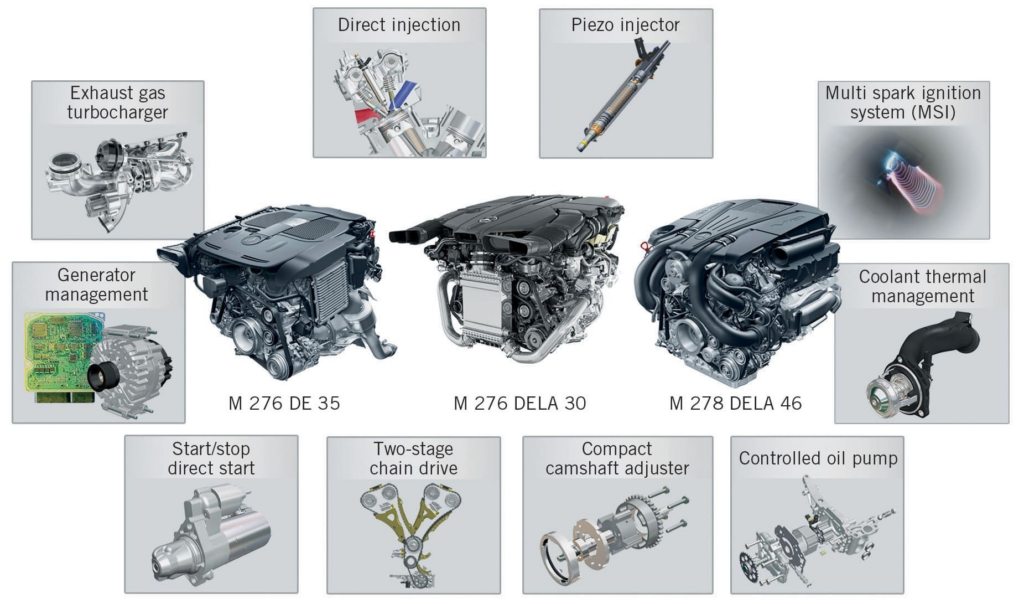
What Changed vs. M272?
- – 90° → 60° V-angle (no balance shaft needed)
- – Direct injection, refined chain layout (4 chains incl. oil pump)
- – New intake/thermal management, ECO start/stop
- – Turbocharged DE30LA adds twin-scroll turbos for low-lag torque
Compare: M272 V6 Guide | M256 Inline-6
Construction & Engineering Highlights
- – All-aluminum block/heads for weight and heat dissipation
- – Large airbox + variable intake (NA) / simplified ducts (TT)
- – Four-chain system: crank → intermediate gear → twin cam chains; separate short oil-pump chain
- – Noise/endurance focus: hydraulic tensioners, revised guides, improved lubrication paths
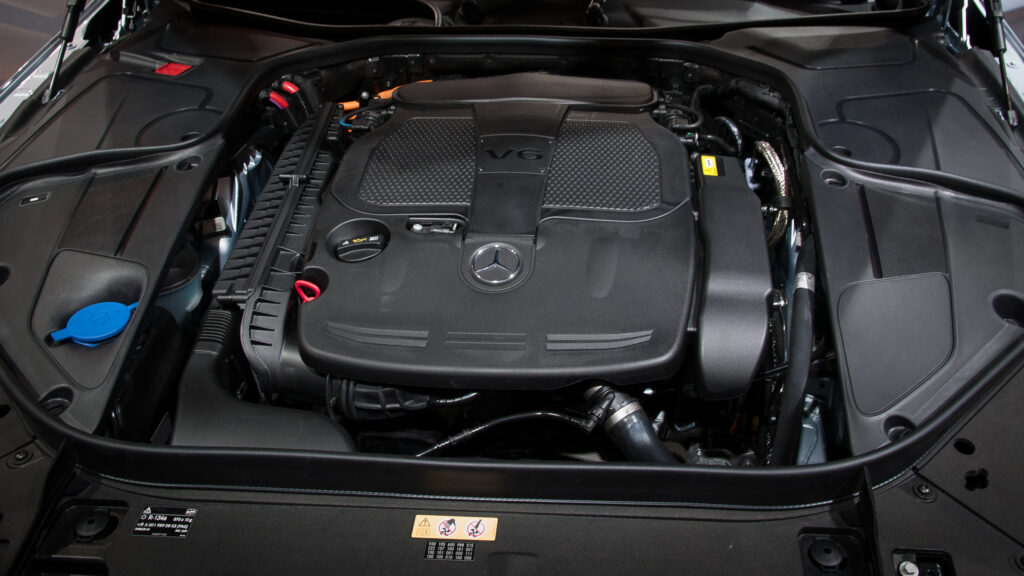
Reliability Overview (Good but mind the wear items)
Proper oil, timely services, and early attention to noise/leaks keep the M276 healthy well past 200k km (125k mi). Turbo variants add boost plumbing/turbo maintenance but remain robust with quality oil and cooldown habits.
Common M276 engine Problems & Fixes
| Problem | Typical Symptoms | Diagnosis | Fix / Notes | DIY? |
|---|---|---|---|---|
| Timing chain/tensioner wear | Rattle at cold start/idle | Listen on cold start; inspect check valves/tensioners | Replace chains/tensioners/guides; update oil check valves | Partial |
| Low chain oiling (neglect) | Elevated valvetrain noise | Oil pressure/logs, service history | Strict 229.5/229.51 oils; shorten intervals | OK |
| Thermostat failure | Overheating or runs too cool; P0597–P0599 | Temp behavior; scan codes | Replace thermostat (~100k km preventive) | OK |
| Turbo issues (DE30LA) | Boost lag, whistle, low power, oil mist | Pressure/boost test; shaft play | Replace cracked hoses/CHRA; ensure good cooldown | Partial |
| Camshaft magnet/oil leaks | Oil on plugs/loom, misfires | Visual; harness inspection | Replace cam magnets/O-rings; clean harness | OK |
| Intake carbon (DI) | Rough idle, hesitation, poorer mpg | Borescope intake valves | Walnut-blast every ~60k mi / 100k km | Partial |
| Cooling system leaks | Coolant smell/puddles | Pressure test | Water pump/radiator/hoses as needed |
Helpful reads:
Engine Crank But no Start: Keep it Simple
Noise Timing Chain: Find the Process to the Solution 100%
Car Starts Then Dies Immediately: Here’s How We Fix it
Oil Leak From Camshaft Magnet: Stop the Leak with This Quick Repair
Preventive Maintenance Checklist
- – Oil & filter: MB 229.5/229.51 every 9k mi / 15k km (consider 7.5k mi on turbo)
- – Timing system health: Inspect chains/tensioners/check valves by 100k km, sooner if rattling
- – Walnut blasting: ~60k mi / 100k km to clean intake valves (DI)
- – Cooling system: Inspect pump, thermostat, hoses each service; replace stat by 100k km
- – Turbo models: Annual boost-leak check; 60–90 s cooldown after spirited runs
- – Belts/pulleys: Refresh ~100k km or with noise
- – Spark plugs: Follow model spec; shorten interval on tuned/turbo cars
Oil & Fluids
- – Capacity: ~6.5 L (6.9 qt) with filter
- – Viscosity/spec: 0W-30 / 0W-40 / 5W-30 / 5W-40 meeting MB 229.5 or 229.51
- – Tip: Severe duty (short trips, hot climates, towing) → shorter intervals
Applications (Selected)
Sedan/Coupé/Convertible
- C-Class (W205): C 400, C 450 AMG / C 43 (M276 DE30LA)
- E-Class (W212, W213): E 400 / E 450 (DE30LA), E 350 (DE35)
- CLS (W218, W257): CLS 400 / 450
- S-Class (W221, W222): S 400 / 450, S 500 Plug-in Hybrid (paired)
Roadsters/Special
- SL (R231): SL 400 / 450
- SLC (R172): SLC 43 AMG (DE30LA)
SUVs
- GLK/GLC (X253): GLK 350 / GLC 43 AMG
- ML/GLE (W166, W167): ML 350 / 400 • GLE 400 / 450 (incl. Coupé)
- GL (X166): GL 400
- G-Class (W463): G 350 / G 500 variants (market-dependent)
M272 vs M276 vs M256 (Quick Compare)
| Engine | Years | Induction | Injection | Character |
|---|---|---|---|---|
| M272 | 2004–2015 | NA | Port | Smooth, simpler; early balance-shaft issues |
| M276 | 2010–2023 | NA or TT | Direct | Refined, torquey (TT), more efficient |
| M256 | 2017–present | Single turbo + 48V eBooster | Direct | Inline-6 smoothness, EQ Boost, newer tech |
Deep dives: M272 Guide | M256 I6 Guide
Is the M276 a Good Engine?
Yes. Strong performance (especially DE30LA), good efficiency for a V6, and excellent refinement. Keep up with oil, timing system health, intake cleaning (DI), and cooling—and it’s a long-lived, confidence-inspiring powerplant.
FAQs : M276 Engine
Q1: What oil should I use in the M276?
Fully synthetic meeting MB 229.5/229.51 (commonly 5W-40; check your owner’s manual).
Q2: How often should I change oil?
About 9,000 mi / 15,000 km or 12 months; shorten for turbo/severe duty.
Q3: Does the M276 suffer timing chain issues?
Chain/tensioner wear can occur listen for cold-start rattle and inspect around 100k km.
Q4: Does direct injection mean carbon buildup?
Yes, plan walnut-blasting roughly every 60k mi.
Author
Written by Mercedes Expert
With years of hands-on experience diagnosing and repairing Mercedes-Benz systems, he brings technical depth and practical case studies to help car owners, technicians, and enthusiasts troubleshoot complex automotive issues. His work focuses on clear repair guides, OEM-level procedures, and knowledge-sharing to empower both professionals and drivers.
Last Updated: September 2025
— Salim, Mercedes Expert
Independent specialist in Mercedes-Benz diagnostics, CAN Bus analysis, troubleshooting case studies, and EV systems.

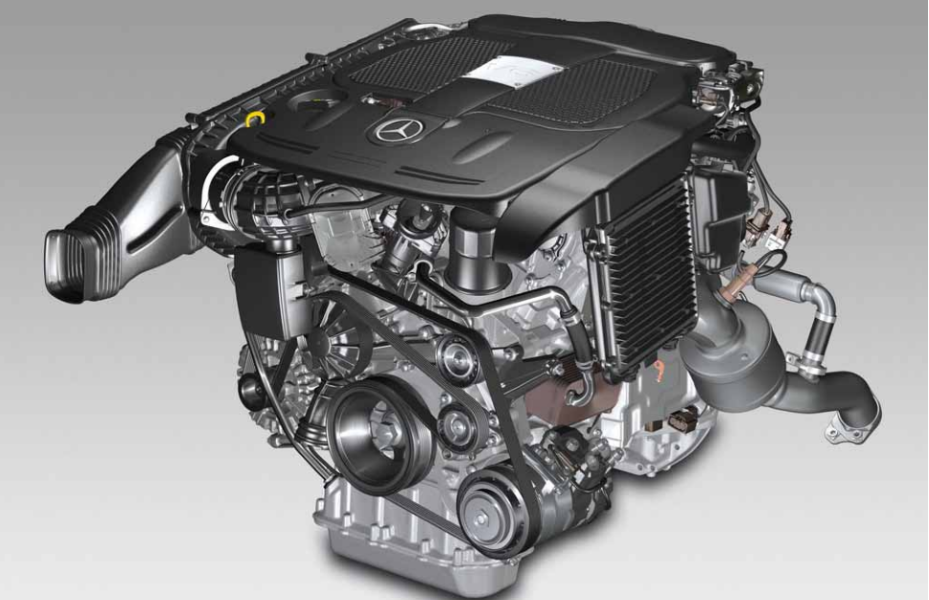



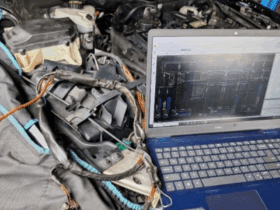
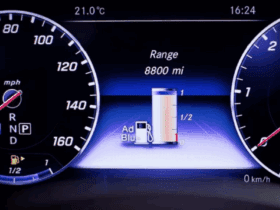
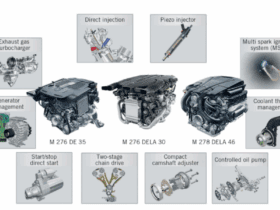
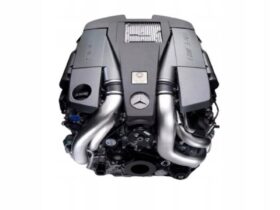
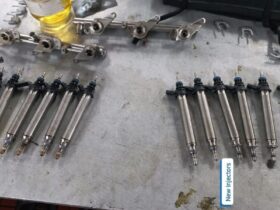
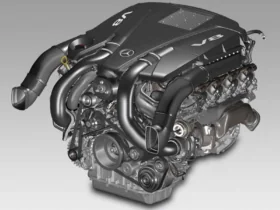
Leave a Reply